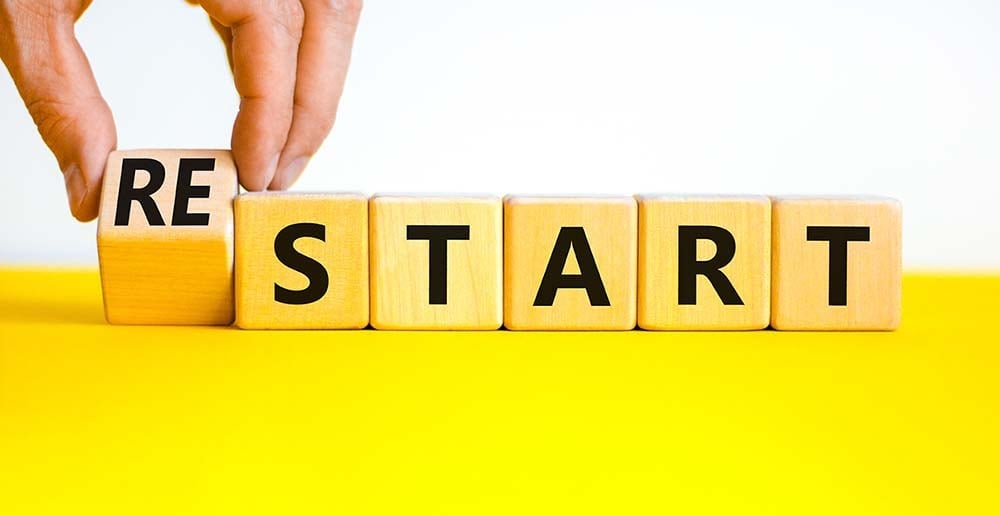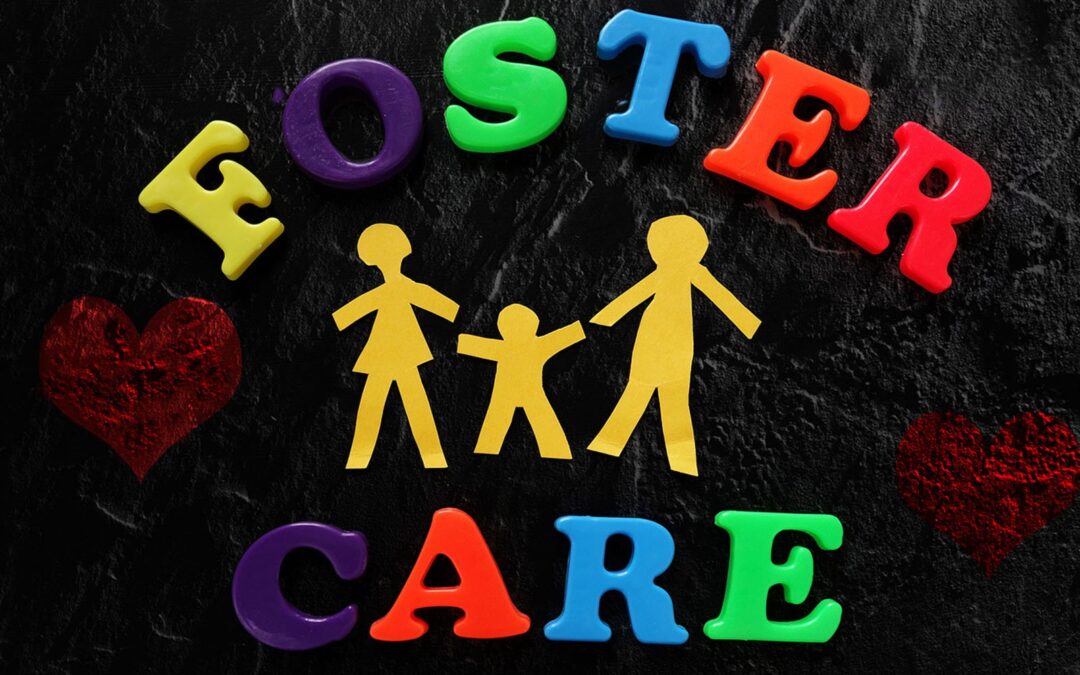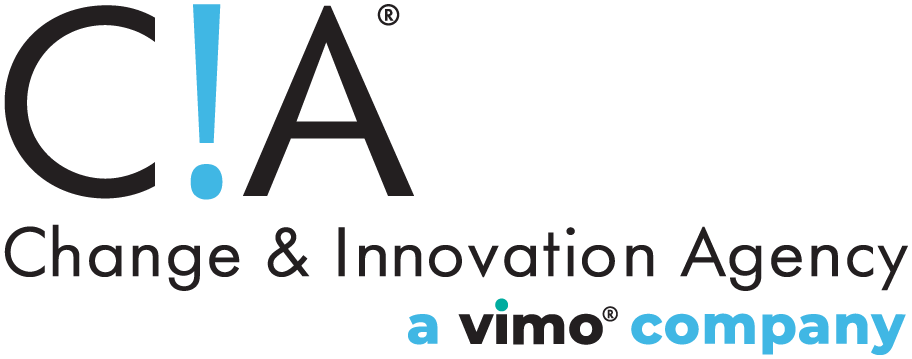


If You Started an Agency from Scratch Tomorrow, How Would You Do It?
Reflections on the 2024 ISM + PHSA Education Conference and Expo Each year, the American Public Human Services Association (APHSA) hosts the nation’s largest human services technology and legal conference. This year, the conference was attended by an impressive...
What the ACA Reveals about Re-creating the Child Care System
Quality, affordable child care holds the key to improved lives for all – better futures for children, greater economic opportunity for families, and increased workforce capacity for local and state economies. Unfortunately, today in the U.S., many struggle with the...
On the Outside Looking In: Reimagining Child Care Program and Policy Through a Cross-Pollination Lens
There are numerous challenges facing the child care industry today. Many of these challenges—such as limited staffing, lengthy licensing process, convoluted administrative processes, and outdated technology solutions—are not new. Despite this reality, we continue to...




